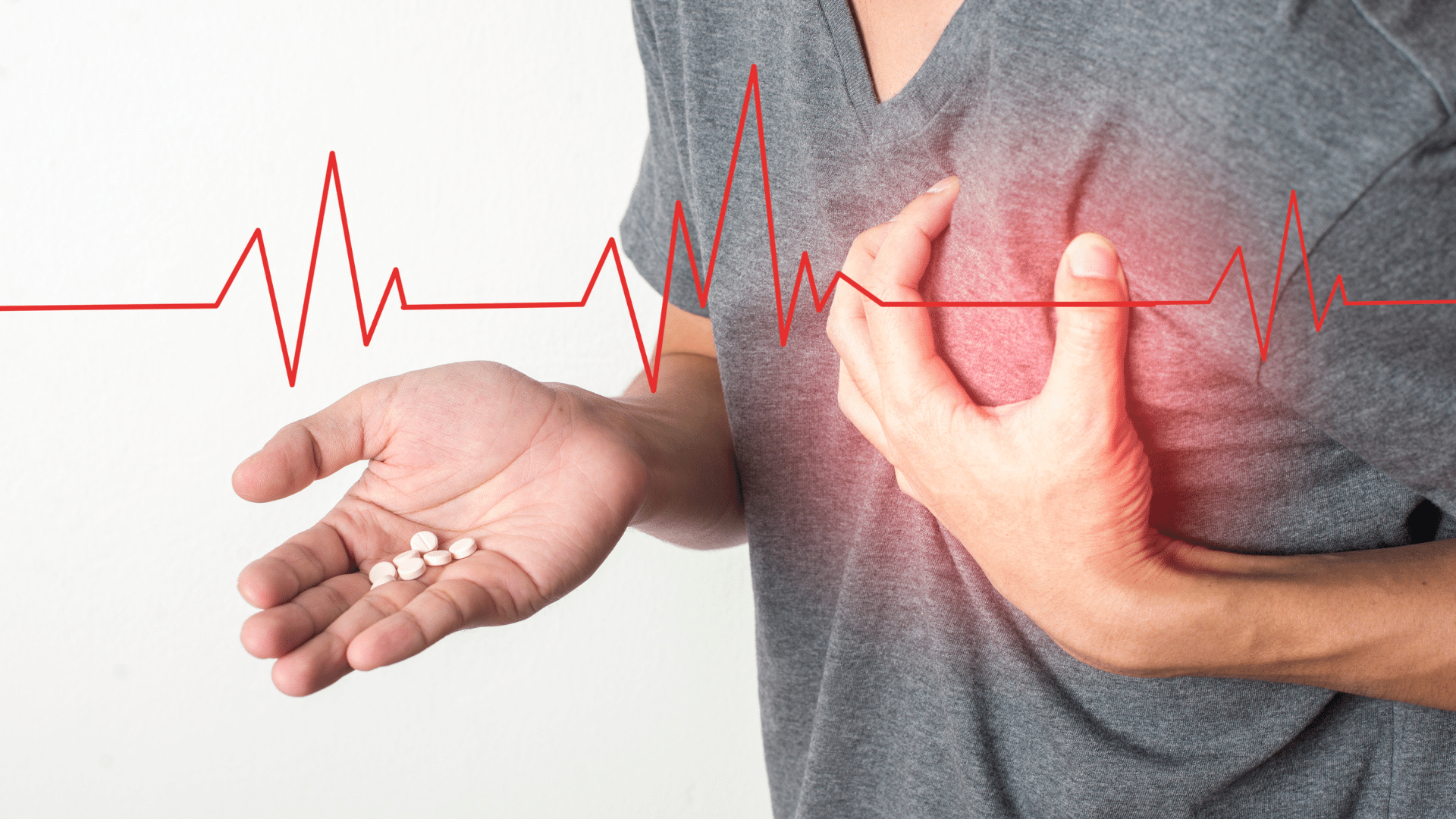According to the Centers for Disease Control and Prevention (CDC), someone in the United States has a heart attack or stroke every 40 seconds. They are very common and could happen to anyone depending on their age, lifestyle habits, and other medical conditions.
What are the signs of a heart attack?
The heart muscle requires a constant supply of oxygen-rich blood through the coronary arteries. A heart attack occurs when there is blockage or reduced blood flow to the heart. This happens when plaques or deposits of fat, cholesterol, and other substances build up in the coronary arteries. We call this hardening process atherosclerosis.
Here are a few signs of a heart attack in men and women:
- Chest pain or discomfort
- Shortness of breath
- Pain or discomfort in the neck, jaw, back, arm, or shoulder
- Fatigue
- Feeling nauseous
- Feeling light-headed
Immediate action is required for heart attacks. If you or someone is experiencing these symptoms, you need to act fast and call for medical help to prevent death.
What are the signs of stroke?
A stroke happens when there is a blockage or reduced blood supply to the brain. Brain cells start to die when the oxygen-rich blood does not reach the brain. A blood clot causes the most common type of stroke, which makes up 87% of all recorded cases.
Although there is a treatment for stroke, some cases lead to disability or death. While a stroke can occur gradually, some individuals might exhibit sudden symptoms. Watch out for these signs of stroke in men and women:
- Numbness in the face, arm, or leg
- Sudden confusion or difficulty speaking and understanding speech
- Trouble seeing in one or both eyes
- Loss of balance or coordination
- Dizziness
- Severe headache
Reducing the risk of stroke and heart diseases
Various factors put people at risk of heart attack and stroke. The main ones include high blood pressure, high cholesterol, and lifestyle. On the other hand, there are other risks that are out of our control, such as age and family health history. What you can do to reduce the risks is to make positive changes in the areas you can control, such as the following:
Know your risk factor
Talk to your doctor if you have a history of heart disease in the family. Identifying your risk factors will help you prepare and will allow your doctor to plan the best prevention and treatment plan for you.
Maintain a healthy diet
Fight cardiovascular illnesses with a balanced diet. The food you put in your body has an impact on risk factors such as blood pressure, cholesterol, weight, and others. It pays to make informed decisions on your diet like reduced carbohydrates, processed meat, and sugar intake.
Exercise regularly
Regular physical activity, ideally 30-60 minutes daily, helps maintain cardiovascular fitness and a healthy weight. According to research, moderate physical activity for at least 150 minutes per week helps lower blood pressure and cholesterol.
Keep a healthy lifestyle
Improving one’s health is one of the best ways to prevent stroke and heart disease. Getting enough sleep and keeping a healthy lifestyle will help reduce the risks of illnesses, in general. Reduce alcohol consumption, stop smoking, and try to avoid secondhand smoke, as well.
Consider Dietary Supplements
Herbal supplements can help reduce symptoms of heart disease by regulating high blood pressure, breathing, and heart functions. If you are at risk of a heart attack or stroke, talk to your doctor about the right supplement for you and make sure you choose products that are safe and effective.
What makes a herbal supplement effective?
Herbal supplements come in various forms such as pills, powders, etc., and they contain active ingredients from natural sources, primarily plants. The products can contain one or multiple active ingredients that will help reduce various symptoms of illnesses.
If you are looking for an all-natural supplement that improves overall heart health, check out Panoxol. It contains Ginkgo Biloba, which helps improve blood circulation, red yeast rice, which lowers cholesterol levels, and other effective ingredients that can reduce the risk factors of heart illnesses.
Panoxol uses carefully selected ingredients to create a formula that is safe and effective to use as your primary herbal medicine or supplement for your prescription medication. However, make sure to consult your doctor first before taking any supplement to ensure that no ingredients negatively interact with your current medication.


